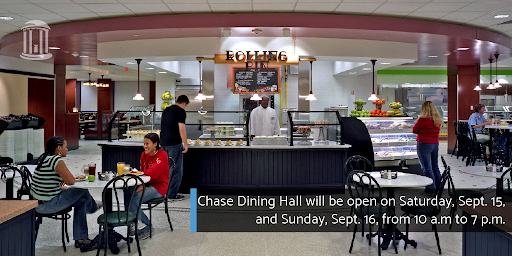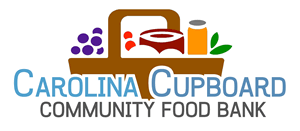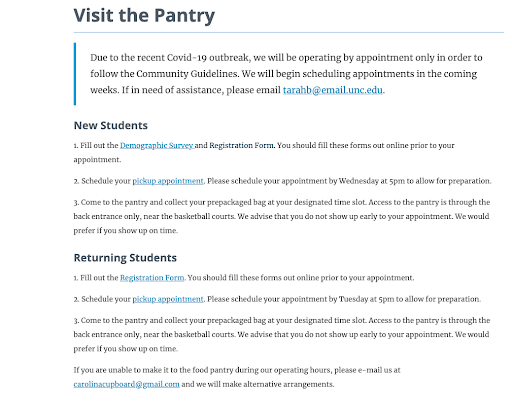How I Dealt with Food Insecurity on Campus
By Kamil, a Peer Tutor
As we acclimate to being back on campus, we are all dealing with a lot of problems that have been an afterthought for over a year now. Those problems include making it to class on time, dealing with dorm room issues, and more specifically, figuring out what and where I was going to eat everyday. I’d always had food provided for me at home, but moving to campus and being unable to afford a meal plan played a large part in whether I was successful my first-year at UNC. Good nutrition and a full stomach can help with focus, but on the opposite end of the spectrum, poor nutrition and constant hunger can be seriously detrimental to someone’s ability to succeed, like it was for me.

Understanding You’re Not Alone
It’s hard to focus on much else other than a grumbling stomach. I think back to taking my analytical chem final after not having eaten for 3 days, and I remember feeling incredibly alone, like no one would be able to understand the stress I was dealing with.
One of the biggest difficulties faced while being food insecure was the guilt and shame of others knowing. The burden of other people knowing I didn’t have enough to eat everyday took a toll on my mental health because I was afraid of what others would think of me. It helped me to learn that I was not alone, and that according to a story written by Katie Rice, upwards of 25% of undergraduates also deal with food insecurity in some capacity. What is food insecurity? Food insecurity is the lack of access to consistent, nutritious food. This means that a diet of only ramen noodles would definitely put you in this category! Reading Katie’s article made me realize that there is no shame in asking for help, and this was what put me on the road to finding resources and support that could help me during this period of my life. Introspection about the reasons I was doing poorly helped me figure out that I needed to make an effort to eat better. For me, developing good eating habits and figuring out my options helped me to practice self-care and manage the stressful transition to college.
Carolina Has Your Back
Not knowing where to go, my first idea was to ask my orientation leader if they knew of any resources, and they led me to a ton of resources specifically for people in the same position as me. Carolina Cupboard provides food for students, no questions asked, with discreet packaging. Carolina Cupboard is located in the basement of Avery Residence Hall, and all it took was a little bit of online-pre registration and I left with enough food to last me a week. Carolina cupboard also referred me to food pantries off campus, which was a great option for students who don’t live on-campus but are a part of the UNC ecosystem. Community Market and the Take and Eat Food Pantry are other great options!

Signing Up for Carolina Cupboard
The Carolina Cupboard has an interface that was incredibly easy for me to use. There are two surveys I had to fill out prior to picking up my food. One was the demographic survey, which asks a few questions that are all entirely anonymous, and responses are only used to report to the school administration. The next survey I had to fill out was the registration form. The registration form is where I input my personal information, and it also asks questions about the type of food that would work for me and what type of kitchen appliances I had access to. After that, all that’s left is to decide on a pickup time, and I was good to go!

Good Nutrition = Good Vibes
There is no shame in asking for help, and I don’t regret my decision in any way. Using Carolina Cupboard gave me the support I needed to get me through what was an extremely rough first year. For people dealing with food insecurity, and even those who aren’t, Carolina Cupboard is a great first stop. They are always looking for donations, and even more so for volunteers!
This blog showcases the perspectives of UNC Chapel Hill community members learning and writing online. If you want to talk to a Writing and Learning Center coach about implementing strategies described in the blog, make an appointment with a writing coach, a peer tutor, or an academic coach today. Have an idea for a blog post about how you are learning and writing remotely? Contact us here.

